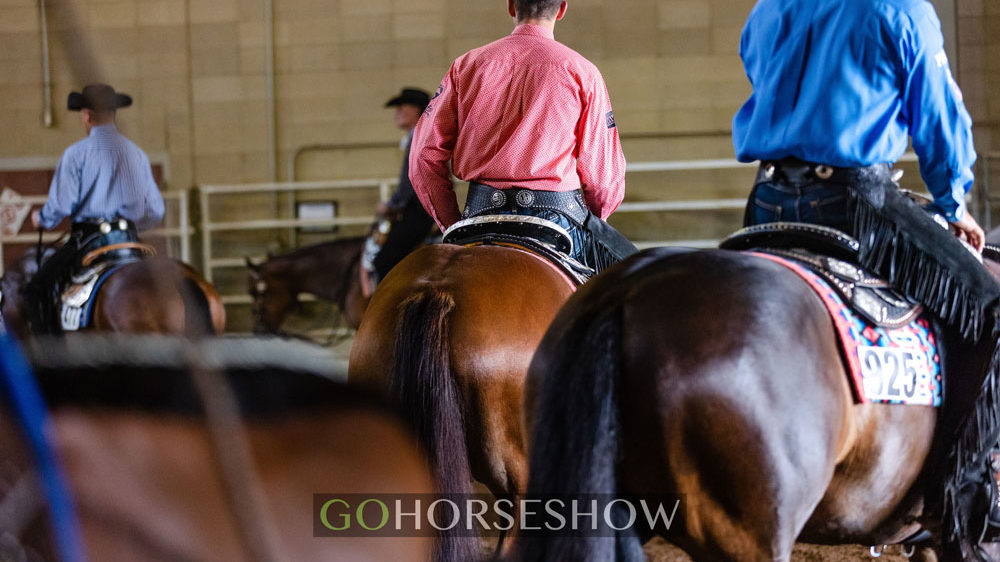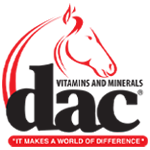Coaching changes. We see them often in sports like football, basketball, and hockey. Professional players are traded to different teams. College athletes enter the transfer portal. High schoolers switch up their club teams or summer leagues.
Coaching changes in the equine industry are equally impactful as in other sports. However, leaving one trainer for another can create additional difficulty for exhibitors and owners. Not only do you have to take your horse’s wellbeing and needs into account, but your own as a rider and competitor. Trainers Dan and Darlene Trien of Trein Training Center in Seville, Ohio, spoke with GoHorseShow about some indicators that it may be time to make a change.
Mismatched Show Level
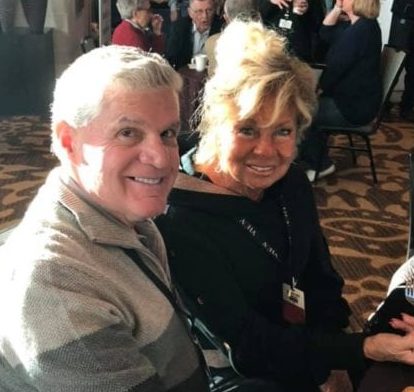 This is one of the most obvious signs that it is time to move to a new trainer. If your desire to show at a certain level does not match your trainer’s, it may be time to find a new coach.
This is one of the most obvious signs that it is time to move to a new trainer. If your desire to show at a certain level does not match your trainer’s, it may be time to find a new coach.
“Some trainers are comfortable staying within a certain area of competition, and a client wants to go to the bigger shows and to be prepared for that type of competition,” Darlene said. “I think the client can tell when they want to upgrade, let’s say, to the ‘Class A’ type show.”
It isn’t uncommon, especially in the breed show circuits, for exhibitors to always strive for advancement. Therefore, it’s natural to want to challenge yourself by taking the next step up in difficulty. However, if your trainer isn’t comfortable attending larger shows, the likelihood that you have the opportunity to do so with proper preparation is low. Making a trainer change, in this case, to a trainer well-seasoned at the level you wish to compete at, is a necessary step towards achieving your goals.
Coaching Style
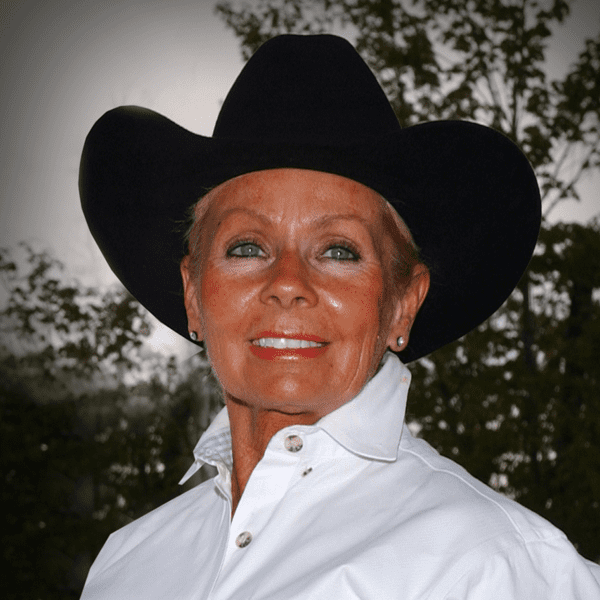 Every trainer will have their own teaching style developed through their coaching experience. Likewise, every exhibitor has their own learning style. When it comes to having the most beneficial riding and showing experience, a trainer’s coaching and a rider’s learning styles must blend well.
Every trainer will have their own teaching style developed through their coaching experience. Likewise, every exhibitor has their own learning style. When it comes to having the most beneficial riding and showing experience, a trainer’s coaching and a rider’s learning styles must blend well.
“Dan has always said to me, ‘certain personalities are attracted to certain personalities,’” Darlene said.
Some exhibitors, she said, need a “more intense, more verbal and more demanding” coach, whereas others require a less intense coaching style to find their best environment for growth. If your trainer’s style of coaching does not fulfill your needs as a student, it’s probably time to find a different trainer who is a better personality fit.
Geographical and Financial Limitations
As youth kids grow into college-aged adults and amateurs, and as amateurs pursue their own lives and careers, geographical and financial limitations begin to be considered regarding their involvement with horses.
 Particularly for college-aged youth and amateurs, the location could significantly impact when it is time to decide to change trainers.
Particularly for college-aged youth and amateurs, the location could significantly impact when it is time to decide to change trainers.
“With the change of location, if they want to continue with their horse career, we’ll point them toward a professional in that area and give them a little direction in that way,” Dan said.
When location is the main factor determining the need for a trainer change, professionalism is critical on behalf of the trainer. However, Dan explained that when clients need to relocate because of other life changes, he and Darlene always aim to help them find a new trainer who will provide a similar level and style of coaching to prevent future issues for that rider.
Social Circle
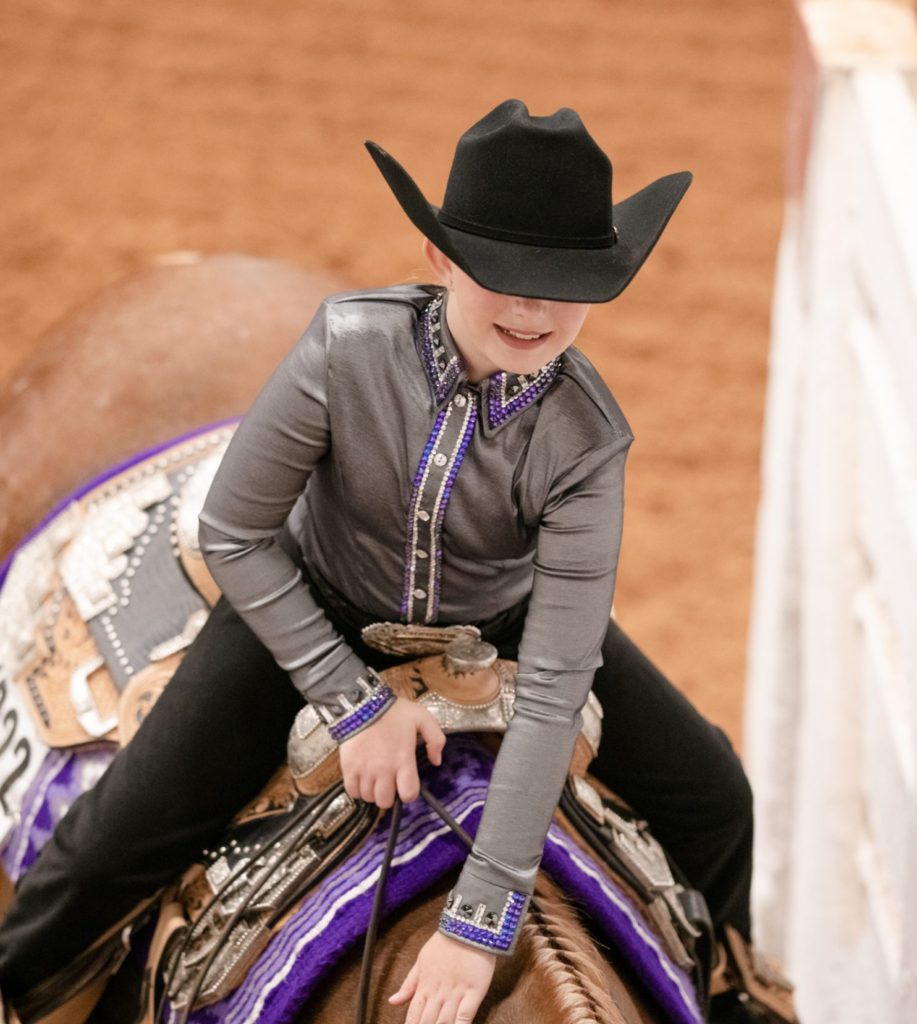 Horse shows are inherently social events. Sometimes, a signal that you have outgrown your trainer or are ready to move in another direction is if your social needs and the social tone of the barn are not in alignment.
Horse shows are inherently social events. Sometimes, a signal that you have outgrown your trainer or are ready to move in another direction is if your social needs and the social tone of the barn are not in alignment.
“There are certain barns that are extremely social,” Darlene said. “I think people gravitate towards to the more social barns.”
Where the Trein’s tend to focus on showing and practicing more than dining and social events during horse shows, other barns emphasize the social aspect of horse shows. Of course, neither option is wrong, but it is a matter of opinion if an exhibitor likes one social style more than the other.
Many people’s preferences may change over time, along with their priorities at shows. Darlene said this could be a significant factor in deciding if you’ve outgrown your trainer and are ready for a new barn.
Goal Setting
Setting goals and creating a plan to achieve them is an integral part of growth for any athlete. Sometimes, the goals we set as riders require a coach with a specific subset of knowledge and experience.
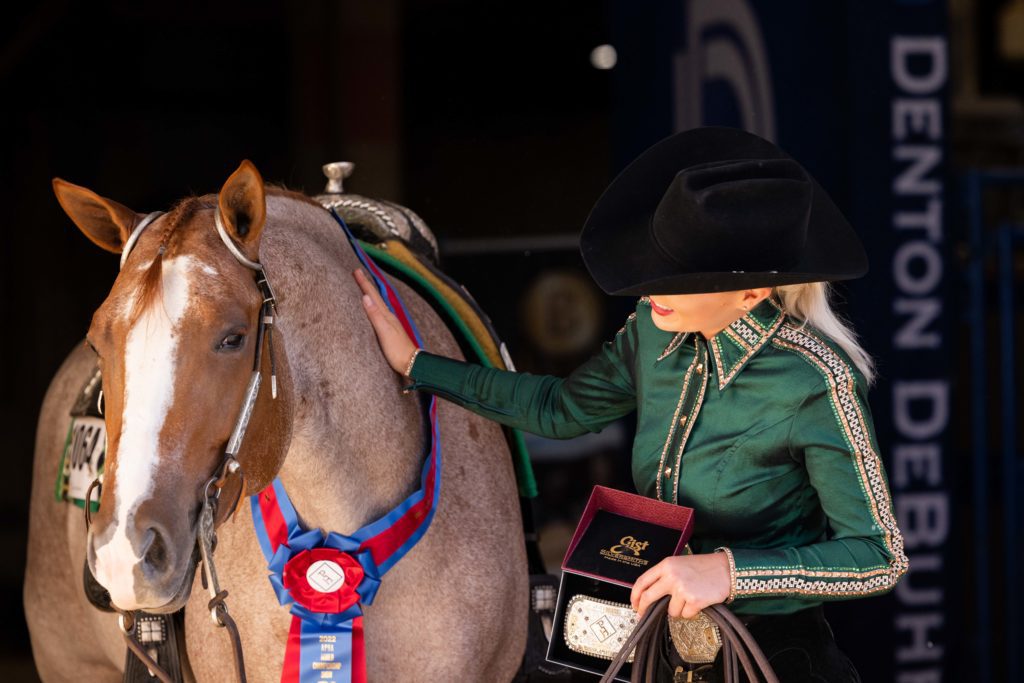 Dan explained that Darlene is a nationally recognized clinician and coach. In the past, he said that they have had youth exhibitors switch from a different barn to their own because of Darlene’s knowledge that helps them prepare for an NCEA collegiate riding career.
Dan explained that Darlene is a nationally recognized clinician and coach. In the past, he said that they have had youth exhibitors switch from a different barn to their own because of Darlene’s knowledge that helps them prepare for an NCEA collegiate riding career.
“Some people come to us because they know Dar-Dar has a reputation for developing those riders that become available to those NCEA coaches communicating with her,” Dan said. “Those coaches seek her references.”
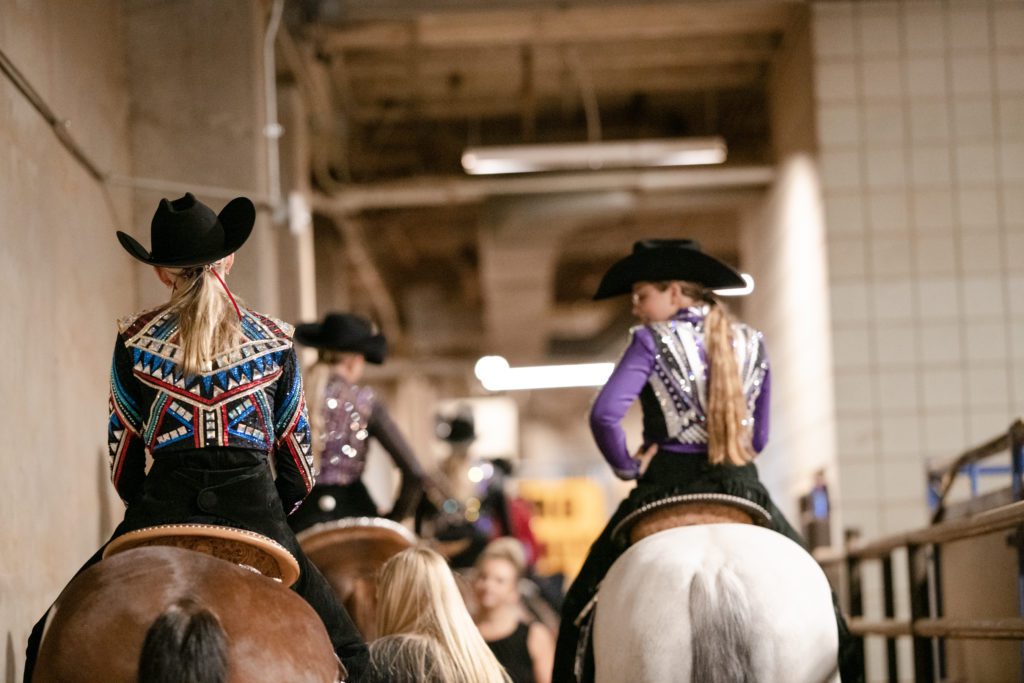 If the barn you currently ride at doesn’t have the connections and resources to help you achieve your long-term goals, it might be a good idea to change to a trainer who can support your continued growth and accomplishment of your goals.
If the barn you currently ride at doesn’t have the connections and resources to help you achieve your long-term goals, it might be a good idea to change to a trainer who can support your continued growth and accomplishment of your goals.
*****
Many factors determine if you have outgrown your current trainer and are ready to change barns. Your comfort with your trainer’s coaching style, location, social tendencies, and connections can all influence your ability to grow and succeed as an exhibitor.
Our horses aren’t the only ones getting trained, after all. Making the best decision for you and your horse will undoubtedly go a long way in helping you accomplish your goals, both in and out of the arena.


